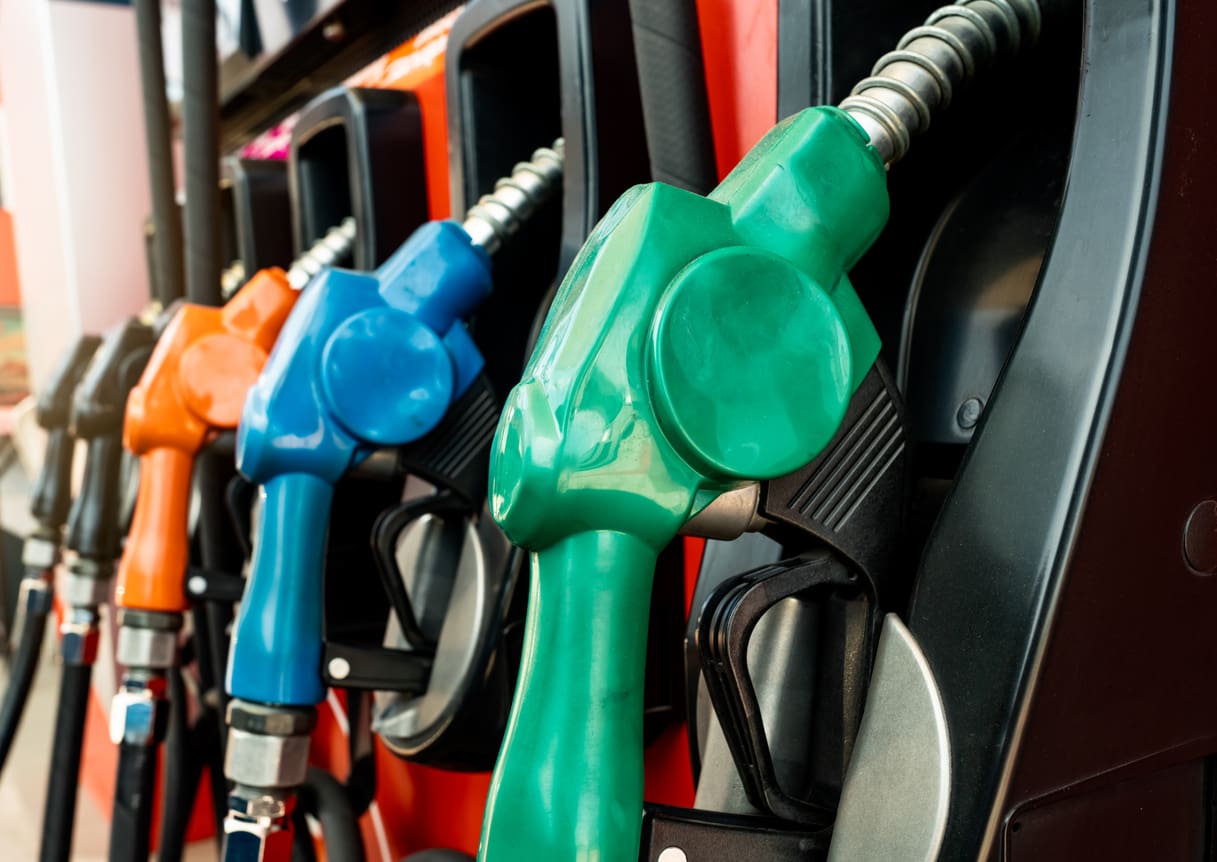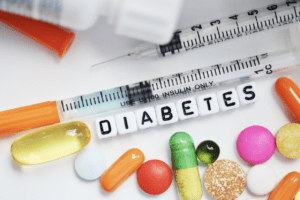Diesel Fuel Update: What the High Prices Mean for Truck Drivers

Things change within the transportation industry every week, for better or worse. It is always essential for drivers, industry professionals, or those simply interested in joining the field to stay updated on issues like diesel fuel updates and how they affect drivers.
Diesel Fuel Update: Frequently Asked Questions
Those wondering what is happening with the Diesel fuel update may have several other questions. That is why we are going in-depth on what is happening with diesel today, how it compares to the past, and what to expect in the future.
What do the High Prices Mean for Truck Drivers?
When it comes to a diesel fuel update, one question is more pressing than others – what does this mean for truck drivers?
Prices on the Rise
All gas prices have been slowly trending upwards this year, and diesel is no different. Compared to non-diesel fuels, diesel prices are going up even more rapidly.
Between July 17th, 2023, and August 21st, 2023, gasoline of all grades went up from $3.67 to $3.98 for an 8.1% difference. Comparatively, in the same period, diesel of all types went from $3.80 to $4.39 for a 14% difference.
This diesel fuel update shows a trend that has persisted since 2020. That year, the average diesel costs were $2.55. The following year, in 2021, the average price was 3.28. In 2022, the average cost jumped again to $4.98. The average diesel fuel update may show an upward trend at this pace.
Naturally, filling up a big rig is more expensive for owner-operators, meaning they may have to cut back in other ways if there isn’t relief soon.
Is There a Diesel Shortage?
There is a diesel shortage in that the amount of diesel available to United States truckers is lower than average. However, that doesn’t mean we’re on the brink of running out. There is still plenty in reserve for drivers.
Why is Diesel More Expensive Than Other Gasses?
Diesel is more expensive due to various factors, including need, taxes, and current events.
Demand
One reason diesel gas is usually more expensive is because there’s a higher demand for its components across other industries.
For example, one component of diesel is often used for marine vessels. In 2020, the International Maritime Organization tightened its fuel regulations. To meet these new criteria, carriers started using a new fuel that requires molecules also used to make diesel fuel. Because of this, the demand has grown, and prices, along with it.
Taxes
Additionally, the government has almost always taxed diesel more than other gasoline types. Diesel is taxed at 24.4 cents per gallon. Comparatively, the regular gasoline tax is at 18.4 cents per gallon.
Current Events
Finally, modern events can affect diesel fuel update prices. For example, when Russia invaded Ukraine in 2022, the United States banned Russian petroleum and oil products – including diesel gasoline. This ban cut down on the United State’s overall supply.
Is this the Most Gas Has Ever Cost?
Even adjusted to inflation, 2022 was the highest gas in America, with an average of over $4.90 and the highest being $5.02 per gallon. However, similar jumps were seen in the late 1970s, early 80s, and the early 2010s.
The Oil Crisis of the 1970s
In the 1970s, an energy crisis spanned nearly the entire decade. In 1973, an oil embargo dramatically changed diesel prices, and drivers were on strict rations that forced them to stop and fill up constantly. This, combined with the 55 mph speed limit imposed across the country, caused some of the biggest and most famous strikes in trucking history.
Truck drivers created convoys, shut down roads, and had one novelty song go number one on the country music charts, bringing further attention to their causes. The Owner-Operatros Independent Drivers Association (or OOIDA) was formed at this time, and in 1974, an agreement was reached with the government that allowed additional fuel for drivers. The OOIDA would go on to help repeal the national speed limit, putting small drivers onto the main stage as essential players in the national supply chain.
Modern Gas Prices
Inflation has affected nearly every industry, and the gas prices are no different. This year is the first time since 2012 that a gallon of gas has caused more than the price of milk. However, many have hope that this is a temporary blip. The EIA predicted that gas prices will slowly trend downwards due to the slower demand for diesel and continued production.
What is the Future of Diesel Fuel? Updates to Pay Attention to
Diesel came into production in the 1890s and was nearly immediately recognized as a fuel source. Newer trucks have already started working on fuel efficacy rates, going from four to five miles per gallon to nine or even ten, doubling their standards.
While the typical image of a truck driving down the road involves a lot of black smoke, there are also industry strides in lowering NOx and CO2 emissions. For comparison, one truck made in the early 90s put out the emissions of 60 trucks made today.
With more electronic options on the market and changing emission standards in the near future, it is natural to wonder if diesel fuel will start being phased out. Electric powertrains are being considered. However, due to the reliability of diesel, it may take some time before they can compete with the diesel engines we know today.
Diesel Fuel Update: Stay in the Know with TDI
Want to learn more about diesel fuel updates or driving in general? At TDI, we stay current with industry standards to ensure our graduates are fully prepared for the workforce. To learn more about TDI, contact us today!
Get Started
Get your Class A CDL in our friendly, supportive CDL training program. TRAIN with experienced instructors – multiple good-paying, secure job choices with benefits available for eligible graduates. EARN $700 – $1000+ / week to start as a truck driver. Get started today by filling out the form below. We look forward to hearing from you!



